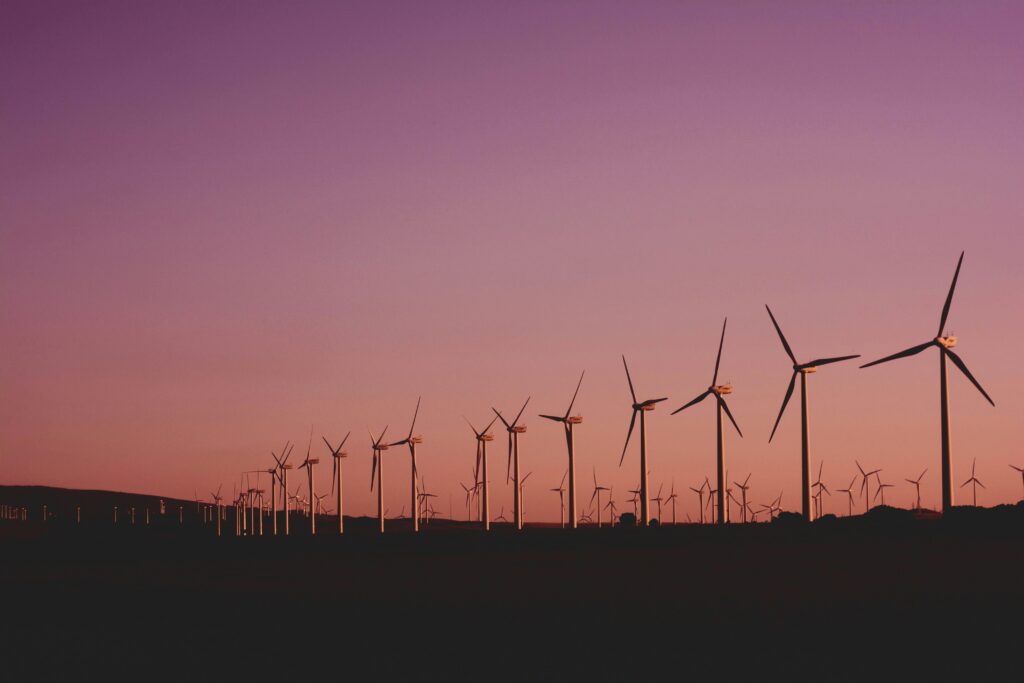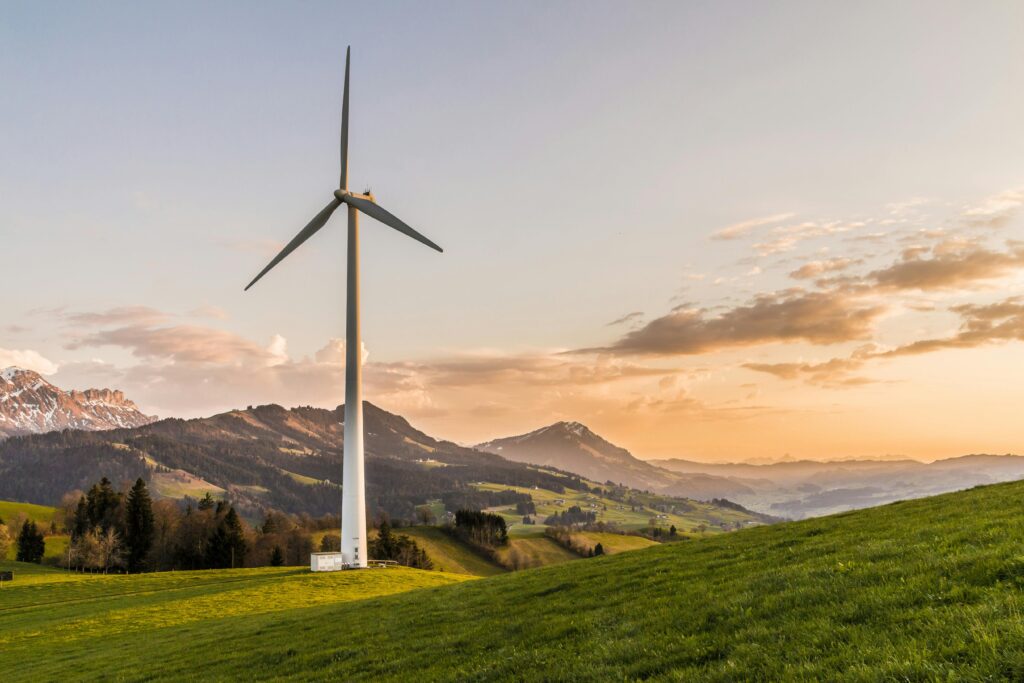In the heart of Europe’s ambitious transition towards a sustainable future, green energy investments have surged, becoming a beacon of hope and a testament to the continent’s commitment to combating climate change. As nations strive to meet the objectives of the Paris Agreement and the European Green Deal, the rush towards renewable energy sources has unveiled both unprecedented opportunities and unforeseen challenges. This article explores the dynamic landscape of green energy investments in Europe, highlighting the trends shaping the future while heeding the cautionary tales that accompany rapid innovation and transition.

The Surge in Renewable Energy Investments
Europe’s green energy sector has witnessed a significant uptick in investments, driven by a collective resolve to reduce carbon emissions and reliance on fossil fuels. Wind and solar power have emerged as frontrunners, with countries like Germany, Spain, and Denmark leading the charge in installing capacity and harnessing these renewable resources. The European Union’s ambitious targets, including becoming carbon-neutral by 2050, have further fueled this momentum, drawing in both public and private investments into the renewable energy sector.
Technological Innovations and Breakthroughs
At the core of Europe’s green transition are technological innovations that promise to redefine energy consumption, storage, and distribution. Breakthroughs in battery storage technology, smart grids, and hydrogen fuel cells are pivotal in addressing the intermittency challenges associated with renewable energy. These advancements not only enhance the efficiency and reliability of green energy but also open new avenues for investment and development, signaling a shift towards a more sustainable and technologically advanced energy infrastructure.
The Rise of Green Finance
Green finance has emerged as a critical enabler of Europe’s renewable energy ambitions, with green bonds, sustainable loans, and impact investing gaining traction. Financial instruments specifically designed to fund environmentally sustainable projects have seen a remarkable increase, offering investors ethical avenues for growth while contributing to the continent’s green objectives. The European Investment Bank’s pledge to phase out financing for fossil fuel projects by 2022 exemplifies the financial sector’s shift towards supporting a greener economy.
Cautionary Tales and Emerging Challenges
However, the path to a renewable future is fraught with challenges and cautionary tales that underscore the complexity of this transition. The rapid expansion of green energy projects has sometimes outpaced regulatory frameworks and grid capacities, leading to bottlenecks and inefficiencies. Moreover, the reliance on critical minerals for renewable technologies poses sustainability and ethical concerns, highlighting the importance of responsible sourcing and circular economy principles.
The fluctuating policy landscape and political will also present risks to green energy investments. Regulatory changes and inconsistent support across nations can impact the stability and predictability needed for long-term investments. The recent energy crisis, exacerbated by geopolitical tensions, has further complicated Europe’s energy transition, underscoring the need for a balanced and resilient energy strategy that considers both renewable and transitional energy sources.
Navigating the Future
To capitalize on the opportunities and navigate the challenges of green energy investments, a multifaceted approach is essential. Strengthening European-wide policies and regulatory frameworks can provide the clarity and consistency needed to foster investment. Investing in research and development to advance green technologies, alongside building robust infrastructure to support their deployment, is crucial for mitigating the intermittency issues of renewable sources.
Moreover, enhancing cross-border cooperation and grid interconnectivity can ensure a more integrated and efficient European energy market. Finally, addressing social and environmental considerations, from ensuring a just transition for affected workers to prioritizing sustainability in the supply chain, is paramount for the long-term success and acceptance of green energy initiatives.
The trajectory of green energy investments in Europe is a testament to the continent’s leadership in the global fight against climate change. While the journey is marked by significant achievements and technological breakthroughs, it also presents a complex array of challenges that require careful navigation. By learning from past experiences and adopting a holistic and inclusive approach, Europe can continue to lead the way in the transition to a sustainable and resilient energy future, setting a precedent for the rest of the world to follow. In this green wave, the lessons learned and the strategies employed will not only shape the continent’s energy landscape but also its economic and environmental legacy.
